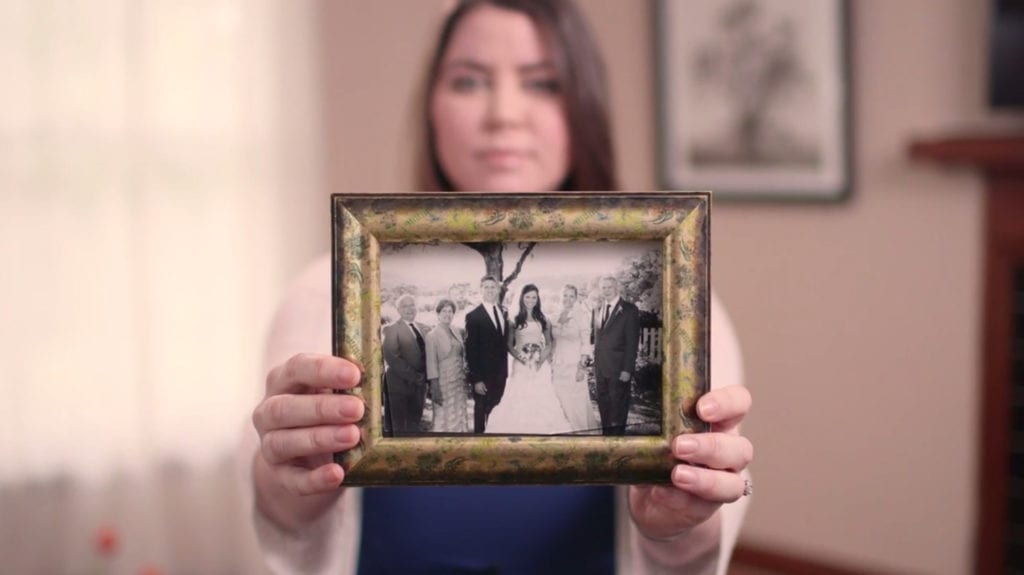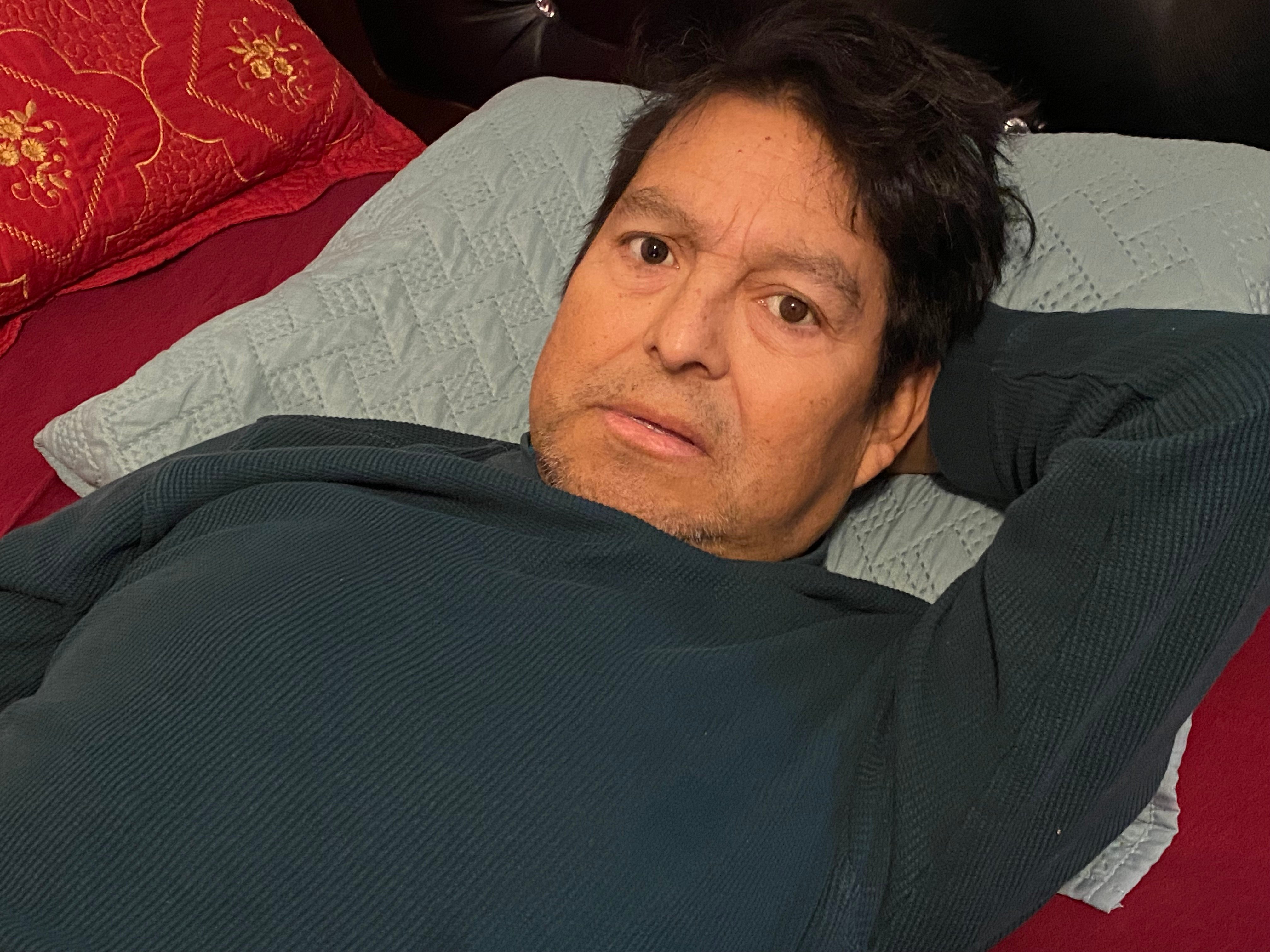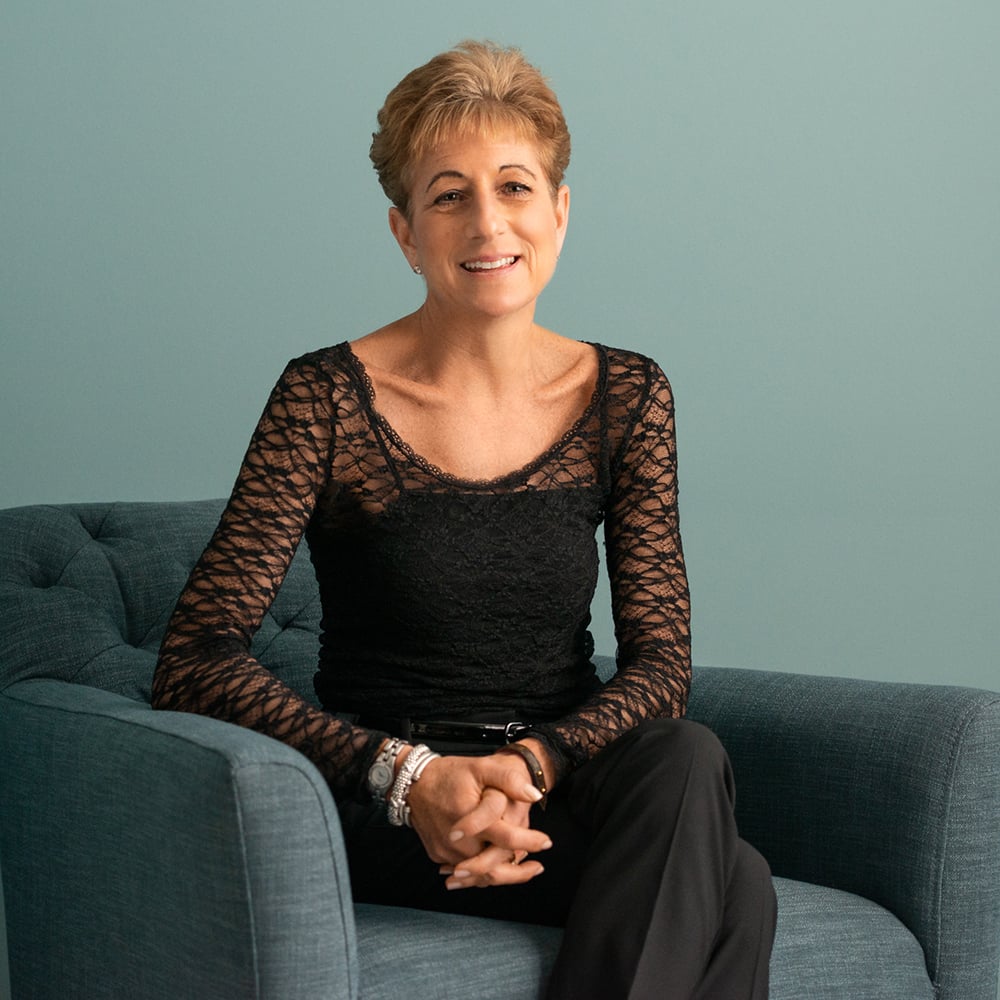Ben shared his story in April of 2022.
In the days since my father’s death, it’s become more and more clear to me how well he planned for the end of his life. He couldn’t have done it better.
From the time he was a young man to the day he died, John Griffith was someone who stayed the course he had set for himself. In 1942, at age 19, my father refused to register for the draft, objecting both to war and the concept that the government has the right to conscript its citizens to kill their fellow human beings. He spent 24 months in federal prison as a result. A few years later, he again refused to register for conscription. This time, the government ignored his civil disobedience.
Dad was the son of a Methodist minister from South Carolina. After he met my mother, a lifelong member of the Religious Society of Friends (Quakers), he too became a Quaker. Together they raised me and my three brothers — a patience-testing exercise, I’m sure; but as in everything else, they stayed the course.
After Mom died in 2003, my father lived alone in the house they had shared in Kansas City. His mind and body were still sharp; he continued his daily practice of meditation and enjoyed reciting poems and psalms from memory. He was a regular swimmer who competed in the sport well into his 90s, establishing eight records in the over-90 bracket of Missouri Valley Masters Swimming.
By 2021, however, Dad had noticed a marked decline in his mobility as well as his mental acuity. He could no longer swim, and with his flagging attention span and energy he struggled to meditate like he had for so many years. He told me many times that he did not want to be in a nursing home, lying in bed for months on end without his wits about him.
For over a decade, Dad had shared with my brothers and me his interest in voluntarily stopping eating and drinking (VSED). In October 2021, he began to more seriously pursue the possibility. He talked with hospice and my brother Tim, who lived nearby, about how he could have his ducks in a row for when he made the decision to start VSED. He also had several conversations with his doctor, who was reluctant to support him but stated that he respected my father’s decision-making process. That month, Dad and I had a Zoom call where I told him I was willing to be present for him during VSED if that’s what he chose to do.
Dad’s cognitive issues intensified between October 2021 and February 2022. Tim began to hear Dad make more frequent references to VSED. In February, he received a dementia diagnosis, and hospice agreed to accept him. In a Zoom call with my brothers and me later that month, Dad said he was ready to begin VSED. We made it clear to him that he should set the start date on his own and not let it be dictated by anyone else’s travel plans to arrive on site. He finally settled on March 18, 2022.
In the weeks leading up to March 18, my father penned a letter to his family, friends, neighbors and spiritual community. In it, he wrote:
I want you to know that for many years I have wanted to avoid intensive care when this life’s exit is near. And for many years, I have thought about how to avoid that. My final decision is to stop eating and drinking. Voluntarily stopping eating and drinking (VSED) is now a recognized way to exit this phase of life … . I want all of you to know that this is totally my decision … . For several months I have been aware of a gradual decline in my memory. But in the past month I have been aware of a sharp decline, both in memory and in my ability to make decisions … . It’s exhausting to get through every day. I’ve had a good life. I think the time for VSED is now.
I left Kentucky for Kansas City early the morning of Friday, March 18, and arrived at Dad’s house around 3 p.m. He was in good spirits. That evening I stayed at my brother’s house 15 minutes away. It was Dad’s last night alone before the 24/7 caregiving began early on Saturday.
The next morning, Dad announced that he had started his fast at midnight. He sat before his computer trying to recite a sonnet whose three stanzas he had known by heart for many years, but was escaping him now:
Can I, imprisoned, body-bound, touch
The starry garment of the Oversoul,
Reach from my tiny part to the great Whole,
And spread my Little to the Infinite Much,
When Truth forever slips from out my clutch,
And what I take indeed, I do but dole
In cupfuls from a rimless ocean-bowl
That holds a million million million such?
And Yet, some Thing that moves among the stars,
And holds the cosmos in a web of law,
Moves too in me: a hunger, a quick thaw
Of soul that melts the ancient bars,
As I, a member of creation, sing
The burning one-ness binding everything.
The following week demonstrated how Dad’s meditation practice and stoutheartedness fortified his ability to follow through on his decision. On Sunday, March 20, we attended a Zoom worship service with his Friends meeting, where he read from his declaration to VSED. On Monday, he asked me to submit his story to Compassion & Choices. Dad was grateful for all the help and resources he’d received from Compassion & Choices over the years. He submitted his story in hopes that sharing his experience would inspire more conversations about end-of-life care and options. When they called the following day, he was talkative and engaged. As we were hanging up, he joked, “I’m in neutral.”
It was clear by Thursday that Dad was losing strength. He was less talkative, not making much sense. I wondered aloud if he should leave his bed anymore, and his caregiver reminded me that he still had the right to get up if that was what he wanted. He could be reminded that it would hurt, but it was his call. Meanwhile, my brother Tim chose a cremation service. The choice — the most affordable company in Kansas City — was easy because Dad was a cheapskate: In his last wishes document, he stated he wanted the funeral services to be “pauper style.”
At this point, there was no turning back. I don’t think he ever wavered or lost sight of the fact that he was doing VSED, even as his body grew weaker and the medicines to manage his pain and agitation made him drift away.
A week in, Dad’s demeanor was sunken, and he was grasping the bed rails and moaning. We assessed his comfort every hour, increased his medication as needed, and the hospice nurse taught us how to adjust his pillows to help prevent sores.
A little after 1 a.m. on Sunday, March 27, the caregiver woke me to say that Dad’s time was getting close. I called my brothers and sister-in-law to let them know. I leaned over, to my father’s good ear, and told him that we all loved him and he could let his body go. With several last puffs of breath, he died around 1:30 in the morning.
Later our family gathered and lifted our glasses in a toast. We were so grateful to have journeyed with Dad and that he had transitioned to whatever happens to us after life on earth.
In sharing our story, I’ve seen the discomfort some people experience at the idea of someone undertaking VSED. But not only was it my father’s legal right, it was also a graceful way for him to have control at the end of his life. He was adamant that he didn’t want to spend his final months in a nursing home bed. VSED was the option available to him, and it was one he had considered for years.
Now I wonder about those of us who come to this decision later in life. Will we have the fortitude and plan in place to be successful? I returned to Kentucky more determined than ever to get my house in better order for my last breath, and to have the wherewithal to stay the course.


.jpeg?sfvrsn=20dde4ec_4)



